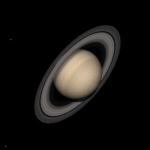
Whenever I’ve had the privilege of showing a telescopic view of Saturn to someone who has never seen it before, the almost inevitable response is disbelief. “Is that real?” Especially if its beautiful rings are highly tilted, the view is…

Whenever I’ve had the privilege of showing a telescopic view of Saturn to someone who has never seen it before, the almost inevitable response is disbelief. “Is that real?” Especially if its beautiful rings are highly tilted, the view is…
The first telescopes, like the ones Galileo used to discover the moons of Jupiter and craters on the moon, were crude by today’s standards. Nonetheless, they were gateways to a new understanding of our place in the cosmos. All telescopes…
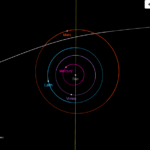
It’s a bird! It’s a plane! No, it’s 3I/ATLAS, the third known object to visit our solar system from outside it. The “3” in the name indicates that it is the third such object, the “I” that it is interstellar,…
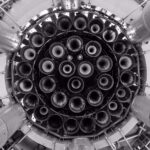
Take a look at these two images, both the tail end of the first stage of a really big rocket. One is from almost sixty years ago. The other is contemporary. Both have a lot of rocket engines designed to…
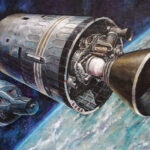
The basics of rocket science really are pretty simple. Send a lot of hot gas out one end of a rocket, and it will go in the opposite direction. You know what’s hard? Orbital mechanics, maneuvering a spacecraft to rendezvous…

Why does SpaceX launch its gigantic Starship from as far south as you can get in Texas? Is it because Elon Musk likes lower taxes and a looser regulatory environment than he might find in other states? Probably. But there…
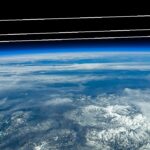
If you are old enough, like me, to remember when riding a rocket into space was something no one had ever done, you may be joining me in some mix of amusement, mild disdain, and (let’s face it) jealousy at…
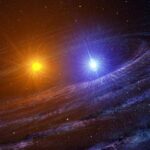
Many people have at least a passing interest in astronomy. It’s why, even though my graduate education is in chemistry, I’m always sure to tell new acquaintances that I taught astronomy for much of my career. Chemistry is probably more…
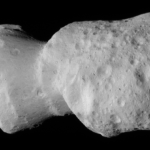
I’m old enough to remember when the solar system was described as a fairly well-ordered place. There was the Sun, the rocky inner planets, an asteroid belt of smaller rocky objects, four large gaseous/icy planets, the since demoted Pluto, and…
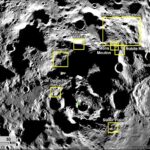
When the Apollo astronauts landed on the moon between 1969 and 1972, they all landed fairly close to the lunar equator. The largest excursion north or south was that of the Apollo 15 mission. It landed 26 degrees north of…